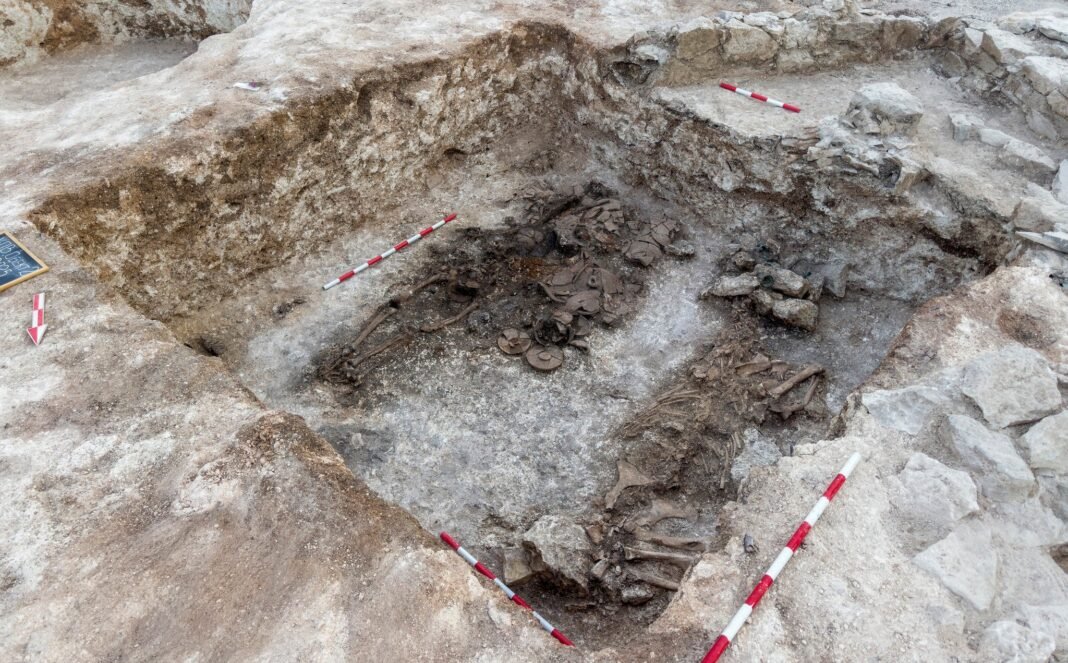
A zoo in Denmark is asking the public to donate small pets such as rabbits, chickens, and guinea pigs, to feed its carnivorous animals, a move that has sparked both support and outrage. The zoo also accepts certain horses, which will be put down using methods approved by international guidelines before being used as food. Dogs and cats were not mentioned in the request.
Aalborg Zoo announced the request on social media, stating that healthy animals would be humanely put down by trained staff and given to predators as food. Zoo officials said the practice mimics what the animals would eat in the wild and helps prevent waste.
They added that whole prey, including bones and fur, supports natural behavior and better health for the predators.
Public reactions range from outrage to support
The call for donations has drawn a divided response. Critics on social media called the practice “sick” and “disrespectful,” accusing the zoo of using a “cheap publicity stunt.” Others worried it might encourage people to abandon pets rather than seek shelters.
Supporters say the program provides a meaningful option for owners of aging or unwanted animals by allowing their remains to serve a purpose. Some also highlight that donating pets offers a more natural and cost-effective way to feed predators, compared to purchasing meat from commercial farms where animals may be kept in poor conditions.
Experts defend the zoo’s approach
Marcus Clauss, co-director of the Clinic for Zoo Animals, Exotic Pets and Wildlife at the University of Zurich, said feeding carnivores in zoos requires realism.
“If you keep meat-eating animals, you have to accept that they must be fed animal products,” Clauss said. He added that focusing on animal welfare means using animals that were well cared for in life rather than prioritizing cost.
Aalborg Zoo spokeswoman Pia Nielsen said the approach is not new and has been practiced in Denmark for years. She said feeding meat with bones and fur helps predators maintain natural behaviors. “In Denmark, this practice is common, and many of our guests and partners appreciate the opportunity to contribute,” she said.
Animal rights activists call for an end to captivity
Animal rights activists have criticized the zoo’s request. Mimi Bekhechi, vice president for the UK and Europe at PETA, said the real problem is captivity itself.
“It’s not ‘natural behavior’ for predators from Asia, who roam and hunt for their meals, to be captive in Denmark, and fed companion animals who originated in South America. If Aalborg Zoo truly cares about animal welfare, it should focus on protecting these species in their natural habitats, instead of keeping them in captivity, thousands of miles from where they belong,” she said in a statement.
Clauss acknowledged concerns that pet donations could reduce the number of animals entering shelters. However, he said shelters in many countries, including the United States, are already overcrowded and cannot always provide good conditions.
Euthanasia methods follow strict standards
Aalborg Zoo said lethal injections are not used because the chemicals remain in the body and would harm predators. Instead, staff use methods approved by international guidelines, similar to or better than slaughterhouse standards.
Small animals may be euthanized with carbon dioxide, while larger animals are stunned with a captive bolt gun before blood is drained.
Similar practices exist outside Denmark. The Wild Spirit Wolf Sanctuary in New Mexico accepts donations of livestock for its wolves, and the Anchorage Zoo in Alaska has requested frozen meat and fish donations to feed its animals.


